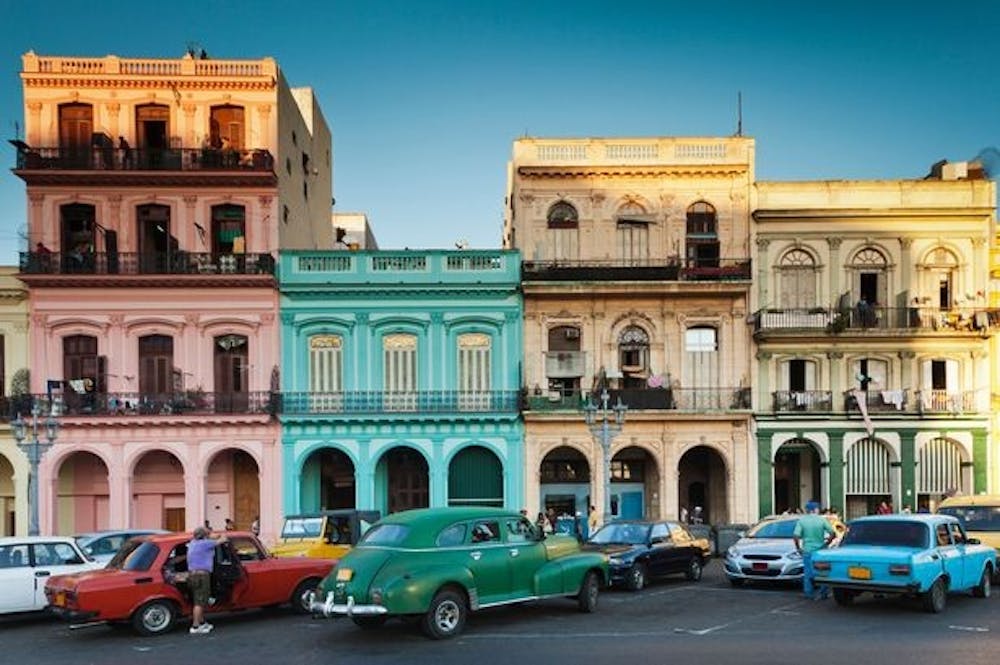This coming spring, students will have the opportunity to travel to Cuba with the class, LAS 396/GSS 382: Cuban Biopolitics taught by Adrian Lopez-Denis.
The class explores the intersection between race, gender, and sexuality in contemporary Cuba and how these have been framed by the development of the Cuban revolution. According to Lopez-Denis, using these intersections as a lens, the students will look at the contrast in the experiences of Cubans living abroad, particularly Miami, versus those staying in Cuba.
In the midst of a thawing relationship between the United States and Cuba, and just two years after Cuba opened its borders to the U.S., the class offers a unique opportunity for students to investigate, first hand, the complex consequences of one of the most radical sociopolitical experiments in history.
The class is also positioned at an interesting time in light of Fidel Castro’s death on Nov. 25, 2016. The vast range of reactions to Castro’s death demonstrate the political and societal complexities that arose from the Cuban Revolution. At the University of Havana, where Castro studied law 71 years ago, the steps to the college were adorned with flowers and photos placed there by mourning Cubans. In the city of Miami, Cuban-Americans gathered in the streets to rejoice the potential for a more open, democratic Cuba. Students enrolled in Lopez-Denis’s class will tackle the dichotomy between these two perspectives and experiences by conducting onsite interviews in Havana.
At the University of Havana, students will interview local scholars and observe how their perspectives differ from those of American academics also studying the Cuban revolution. Students will spend time listening to the stories of a range of Cuban citizens, and investigate how their identity has been shaped by the context in which they live.
Lopez-Denis stressed that the input of his students will be critical in the development of the class. Since research and travel are the crucial components of the class, the professor wants to center the class around a student-driven project. For this reason, students will have the freedom to rethink the central elements of the syllabus, which is not typically an option presented to other Princeton classes.
In the eyes of Lopez-Denis, the goal of the class is to create a lasting impact in Havana, Princeton, and beyond. According to the professor, Princeton has offered spring study abroad programs in Havana in the past, but this is the first short-term academic opportunity. Although they will only be in Havana over the course of one week, Lopez-Denis hopes that the trip will serve as an impetus for Princeton students to further engage with contemporary Cuban issues. Ultimately, he says that the the class, positioned at a pivotal time for U.S.-Cuban history, is a great opportunity to consider the possibilities of academic study in Cuba.
Lopes-Denis notes that the ideal group of students in this class will entertain a variety of interests and come from a diverse set of experiences.








